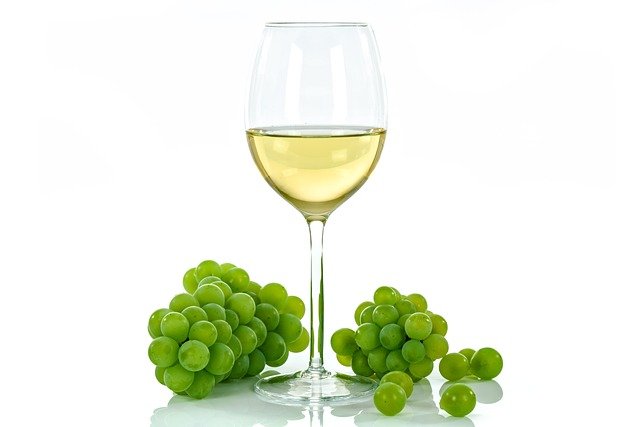Don’t Judge a Grape by Its Name
by Michele Pesula Kuegler
It’s not uncommon to hear statements, such as these:
“I don’t like Chardonnay. It’s too oaky.”
“I only drink Cabernets because they’re big and bold.”
Each of those statements does have some level of accuracy. Some Chardonnays have oak notes. Some Cabernets can be big, bold wines. However, neither of those statements are completely accurate.
The grape chosen to make a wine is the base of the flavors and aromas in the finished product. However, there are so many other items to consider that a grape alone cannot determine what you will want to drink.
Location, location, location
Where a grape is grown impacts its future flavor profile. The climate in Napa isn’t the same as Loire Valley, yet both locations make wine with Sauvignon Blanc grapes. One also needs to consider the terroir in which the grapes are grown. Is there gravel or sand? Is it mountainous or near a body of water? These will impact the grapes, which then impacts the wine.
In addition to the grapes, you need to consider the region’s guidelines. Most new world wines don’t have rules governing how they are made. Old world wines have many guidelines that impact the making and aging of wines.
What about the process?
Winemakers can have many options when making their wines, depending on the region. That Napa Chardonnay can fermented and/or matured in oak barrels, cement or stainless steel vats. Those oak barrels can be first use or could be on a second or third use. If the winemaker wants to save money and still impart oak notes, he or she could use oak staves or chips. That provides a lot of choices, and that is only regarding the use of oak. There are many other items to consider, such as exposure to oxygen, malolactic fermentation, and how long to let the wine mature, in addition to many other options.
But, wait, there’s more!
Even when you know how a winemaker produces wine, there still can be variables. What vintage did you buy? Each year’s vintage can be slightly different. A winemaker will do his or her best to make each year similar, but there can be slight differences. Also, the age of the wine matters. Those big, bold tannins in your Cabernet will soften with age. Of course, the wine also will develop more character (flavor) as it ages.
The next time you are discussing wines show your new wine knowledge.
“I don’t like Chardonnays that are oaky.”
“I like Cabernet when it has big, bold flavors.”
It will not only show that you understand the world of wine but also may help guide you to the next great glass of wine!

